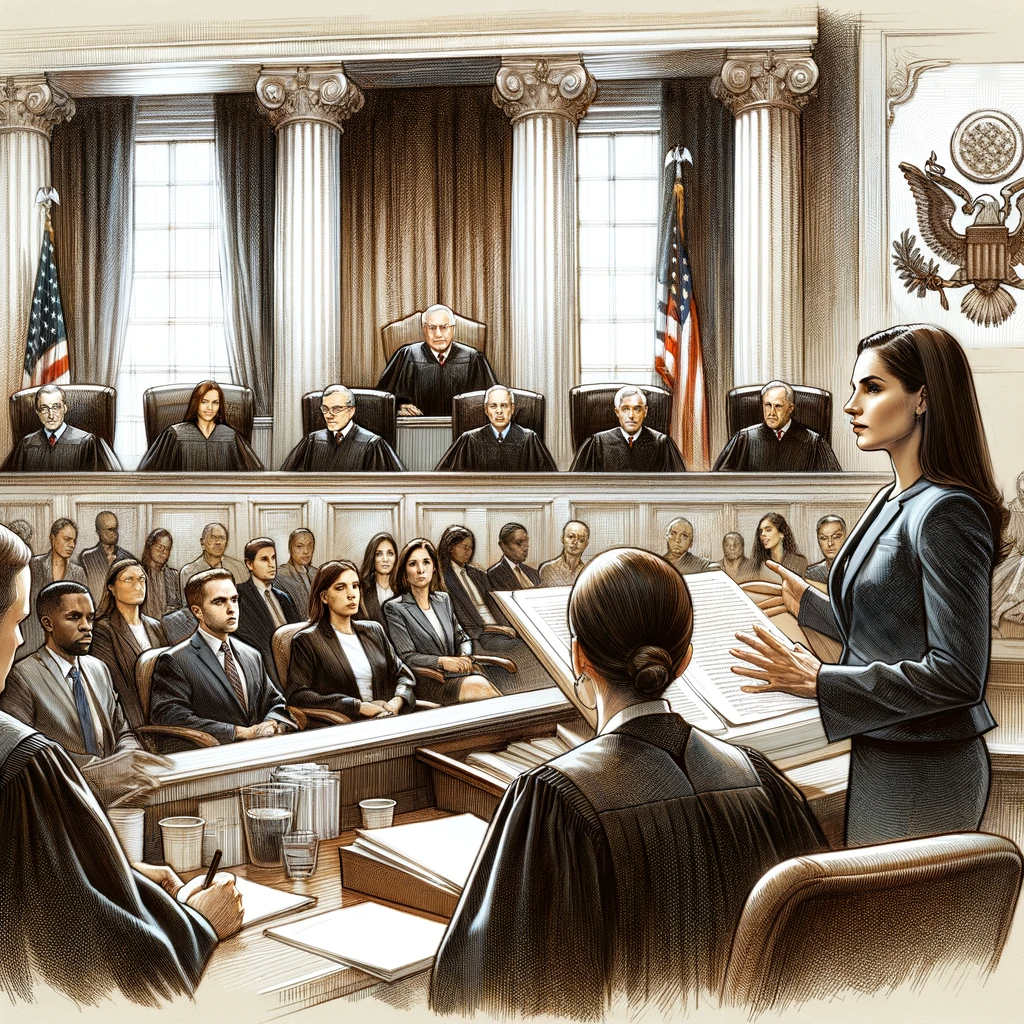Case Digest: MOAC Mall Holdings LLC v. Transform Holdco LLC et al.

This case clarifies that Section 363(m) of the Bankruptcy Code, which concerns the validity of a sale or lease of property in a bankruptcy context, is not a jurisdictional provision. This means that the provision does not limit the court's power to hear a case but rather governs the effect of an appeal on the validity of a transaction.
Introduction:
MOAC Mall Holdings LLC v. Transform Holdco LLC et al. is a significant case decided by the Supreme Court on April 19, 2023. It addresses the jurisdictional nature of a specific provision in the Bankruptcy Code, Section 363(m), in the context of the Chapter 11 bankruptcy of Sears Roebuck and Co.
Facts of the Case:
Sears Roebuck and Co., in Chapter 11 bankruptcy, sold most of its assets to Transform Holdco LLC, including the right to designate the assignee of a lease between Sears and MOAC Mall Holdings LLC for space at the Minnesota Mall of America. MOAC objected to this assignment, arguing a lack of “adequate assurance of future performance” by the assignee, as required by the Bankruptcy Code. The Bankruptcy Court authorized the lease assignment, which was later contested by MOAC.
Issue of the Case:
The legal question was whether 11 U.S.C. §363(m) of the Bankruptcy Code, which affects the validity of a sale or lease of property following a bankruptcy court's authorization, is a jurisdictional provision.
Ruling of the Case:
The Supreme Court decided that Section 363(m) is not a jurisdictional provision. This determination was crucial in deciding whether the appeal by MOAC Mall Holdings LLC could proceed, as jurisdictional rules are not subject to waiver or forfeiture and must be enforced by courts on their own initiative.
Impact on the Legal System:
This ruling clarifies the scope and nature of Section 363(m), distinguishing between jurisdictional provisions and statutory limitations within bankruptcy law. It affects how courts handle appeals concerning bankruptcy court authorizations, potentially impacting future bankruptcy proceedings and the stability of transactions made during such proceedings.
Conclusion:
The Supreme Court’s decision in MOAC Mall Holdings LLC v. Transform Holdco LLC et al. contributes significantly to bankruptcy law by clarifying the non-jurisdictional nature of Section 363(m) of the Bankruptcy Code. This ruling emphasizes the distinction between jurisdictional statutes and procedural stipulations, thereby influencing future interpretations and applications of the Bankruptcy Code.

